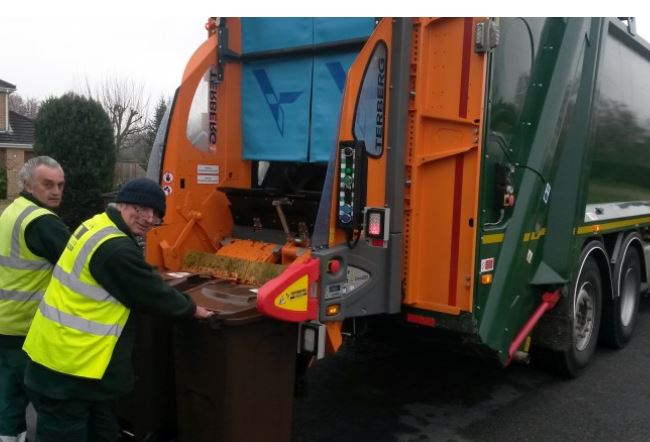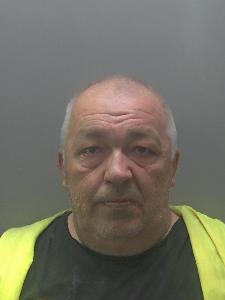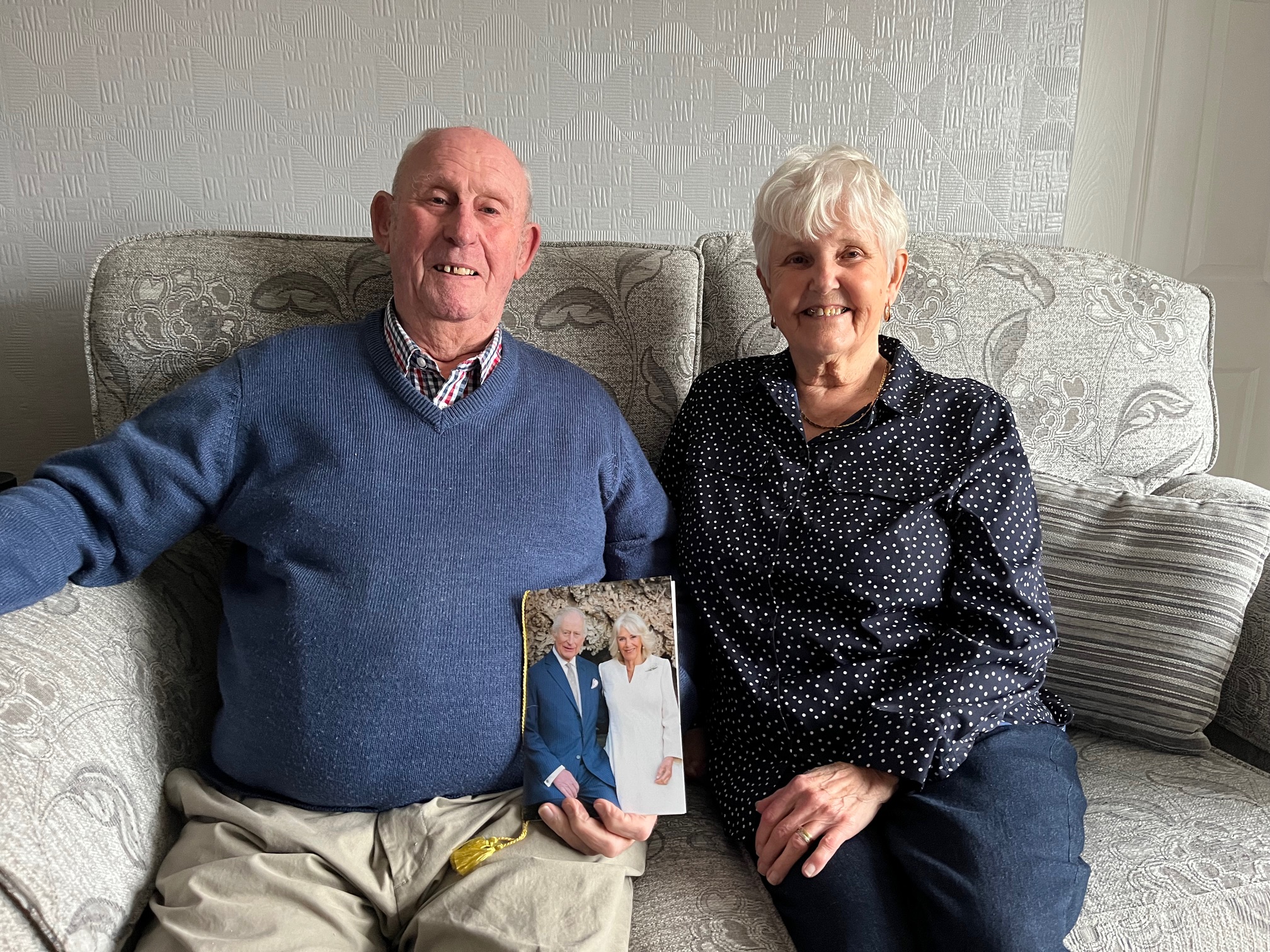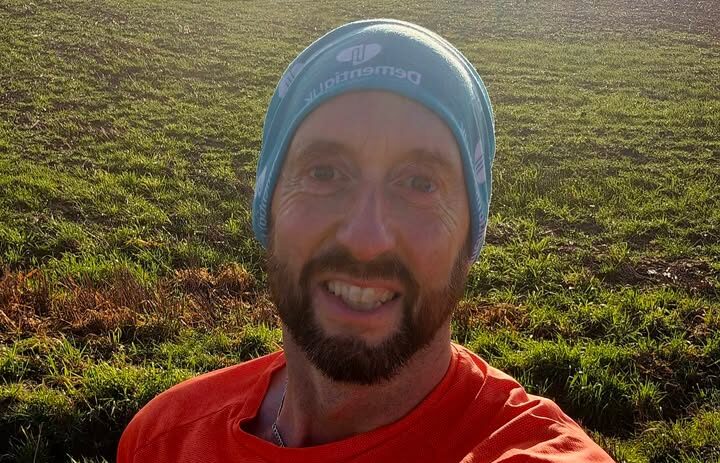Lincolnshire could be set to miss targets set for recycling because of the current pandemic.
All the county’s district authorities, including South Holland, backed a Joint Municipal Waste Management Strategy in January 2019.
It outlined a way forward to meet government targets for recycling and created ten objectives with targets.
But a report due to go before county council’s Environment and Economy Scrutiny Committee warns that targets are likely to be missed.
The report also makes clear that the county will not be offering food waste recycling until forced to by national government in 2023.
Separate food waste collections are set to be mandatory in three years and the council was looking at achieving the target.
“Trial has demonstrated that, although technically possible, these are currently not economically practicable,” says the report which went before members of the committee on Tuesday.
It added that work would be starting to establish a disposal capacity for countywide collections when they have to do so.
Coronavirus has hit recycling figures and the report says the rate of recycling has fallen across Lincolnshire and needs to be addressed.
The partnership objective of hitting 50 per cent recycling by 2020 and 55 per cent by 2025 are unlikely to be met.
“Recycling rate has fallen and needs to be addressed,” says the report.
It also adds that targets for measuring performance and to set targets, set down for this year and 2021, may also be missed ‘due to
COVID-19 impacts.’
The strategy looked to improve quality and value of the recycling to contribute to the targets. Separating food waste for recycling into energy or compost would have raised the county’s statistics in line with long-term plans.
When the joint strategy was created, South Holland had the worst recycling rates in the county – at 27.2 per cent. It was also the only local authority using black bags for domestic waste rather than wheelie bins.
The target for 2019/20 was to achieve three per cent to land fill.







